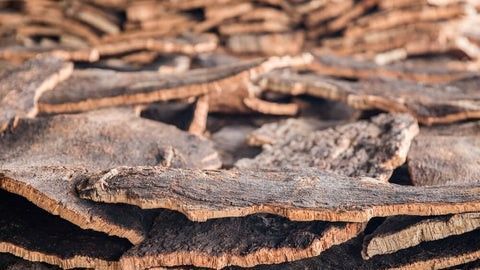Recycled vs Biodegradeable Promotional Products
So which is better recycle or biodegrade?

When trying to choose a responsible promotional product there are many choices to make about the product and the branding. But, if you choose an eco-friendly product you also need to make a fundamental choice regarding recycling vs biodegradability. Is it a cotton bag which is naturally biodegradable better than a recycled Pet bag made from recycled PET bottles?
Unfortunately, there are no standards regarding what is more eco-friendly and indeed there a few discussion points and disagreements in this growing area.
1. Recycled
The good news with recycled plastic products is that it reuses plastic that would otherwise end up in landfill and or the oceans. There is also (at least in the UK) a well-established system of collection sorting and recycling. The issues with recycling is that only the polymer is of value. This means that recycling will employ energy in the recovery and re-use process which far exceeds the original virgin polymer plastic. More energy, more greenhouse gases to create another plastic product which needs to be disposed of. Yes a second use and life but it still exists and need to be disposed of.
2. Biodegradable
So natural biodegradable materials are the preferred items then returning their carbon to the natural cycle? Well yes – and no. The issue with biodegradable products is that they are often not given the opportunity to biodegrade. A cotton bag for example if left on the ground (or in the household compost heap will biodegrade. But if the same item finds itself in the landfill – starved of the necessary oxygen and microorganisms it will not degrade at all. So the biodegradable materials must be separated out and moved to the composting bin. An option not open to all households.
The other issue is with biodegradable plastics. Seemingly the ideal answer to plastic waste cycles. The problem here is that where biodegradable corn starch or potato starch products get mixed with other plastics sent for recycling; the corn and the potato become contaminants in the recycling processes ruining the properties of the new plastic
3. Re-use
The final alternative is of course to recreate products that encourage re-use- remember the old glass milk bottles? Creating products such as water bottles from glass or coffee flasks that discourage the use of single use throw away cups provides an alternative.
Conclusion? Well the problem with all things environmental is that there is never a simple one size fits all answer. Everything is a series of compromises. For help discussion and further information contact a member of the Pavilion team.





